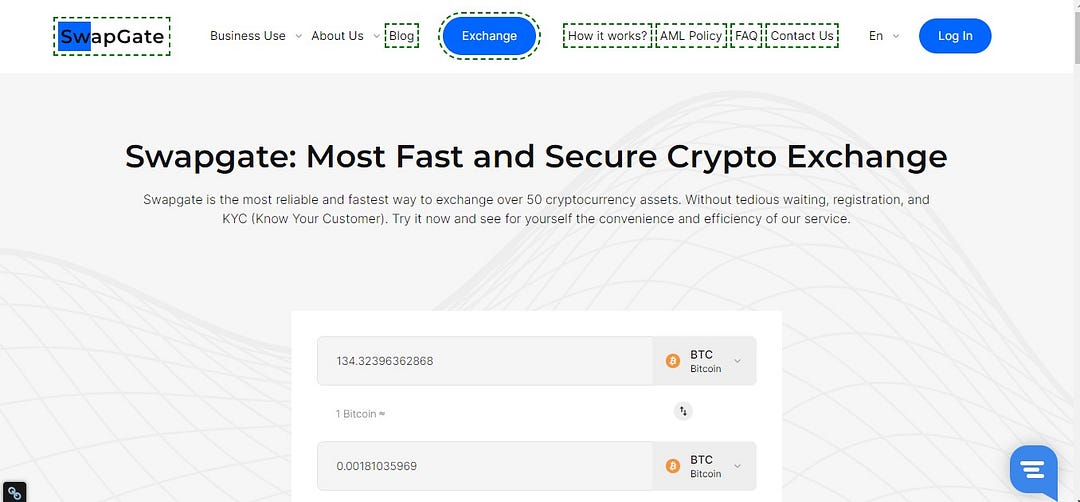

Cryptocurrencies have revolutionized the financial landscape, offering new opportunities for investment, transactions, and economic inclusion. Central to the cryptocurrency ecosystem are crypto exchanges, which serve as digital marketplaces where users can buy, sell, and trade various cryptocurrencies. This article provides a comprehensive overview of crypto exchanges, exploring their types, functionalities, security measures, and the key factors to consider when choosing one.
What is a Crypto Exchange?
A crypto exchange is an online platform that facilitates the trading of cryptocurrencies. These platforms operate similarly to traditional stock exchanges but deal exclusively with digital currencies. Users can trade a variety of cryptocurrencies, including Bitcoin (BTC), Ethereum (ETH), and many others. Crypto exchanges play a crucial role in the cryptocurrency ecosystem, providing liquidity, market access, and price discovery.
Types of Crypto Exchanges
Crypto exchanges can be broadly categorized into three types:
Centralized Exchanges (CEX):
Centralized exchanges are the most common type of crypto exchange. They are operated by centralized entities that oversee all transactions and maintain the order book.
Examples include Binance, Coinbase, and Kraken.
Advantages: High liquidity, user-friendly interfaces, advanced trading features, and customer support.
Disadvantages: Vulnerable to hacks and regulatory scrutiny, and users do not have full control over their funds.
Decentralized Exchanges (DEX):
Decentralized exchanges operate on a blockchain, enabling peer-to-peer trading without intermediaries. Users retain control of their funds throughout the trading process.
Examples include Uniswap, SushiSwap, and PancakeSwap.
Advantages: Enhanced security, user control over funds, and reduced risk of hacks.
Disadvantages: Lower liquidity, less user-friendly interfaces, and limited customer support.
Hybrid Exchanges:
Hybrid exchanges combine features of both centralized and decentralized exchanges. They aim to offer the best of both worlds by providing security and control alongside liquidity and advanced trading features.
Examples include Nash and Qurrex.
Advantages: Improved security, user control, and liquidity.